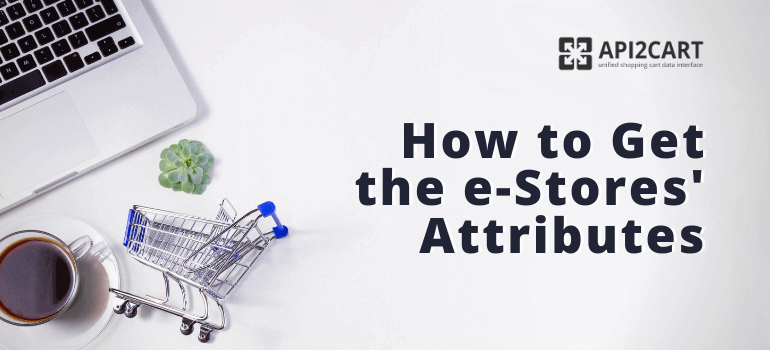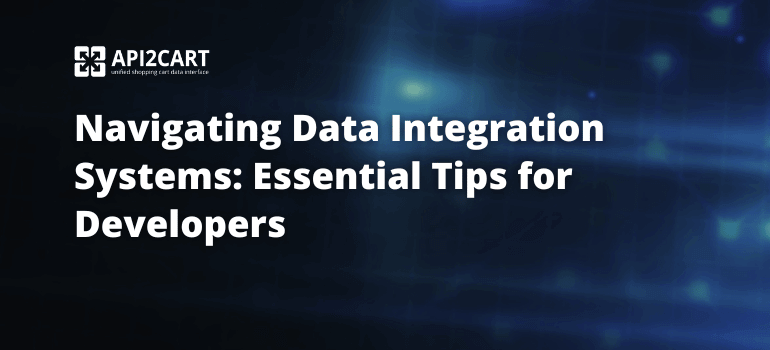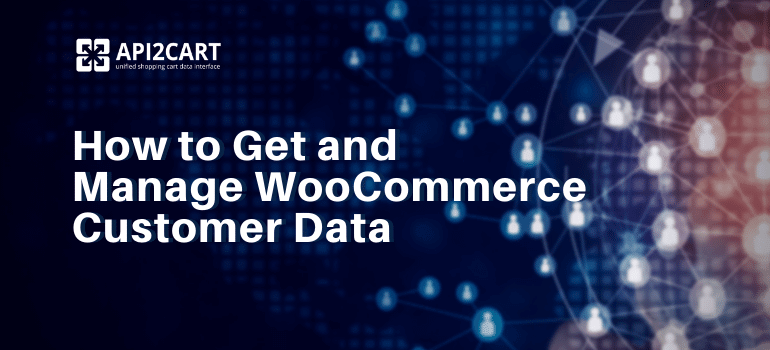
App builder software providers need to develop reliable integrations with modern eCommerce platforms in order to be able to work with the data from stores based on them. Because mobile technology has dramatically changed the way consumers are making purchases online, mobile app developers need to pay extra attention to consumers' actual needs.
Mobile development is in huge demand, so there is no wonder app builder software providers are facing an increasingly competitive market. Your success as an app developer consists of adopting a responsive design, creating a simple, straightforward structure, and ensuring you’re getting access to the e-stores’ attributes and the other data.
As your potential customers are inevitably using a specific eCommerce platform, your number one task should be to integrate your app with them. By doing so, you’ll be able to automatically run tasks and procedures and offer better services to the end-user. No matter what shopping platform your clients are using, it becomes paramount to be integrated with it.
Apart from enabling you to enlarge your customer database, valid integration allows you to save time when synchronizing and retrieving product data regarding orders, categories, customers, prices, inventory, and the list goes on. Of course, the integration process with e-stores is also quite tricky and has its own pitfalls, which we will present below.
Why do App Builder Solutions Need to Work with e-Stores’ Data?

No matter how complicated it seems, integrations are unavoidable. As an app builder solution provider, you need to integrate your solution with multiple shopping platforms. This enables you to gain peace of mind that all the product info, orders, and customers appear in the webstore and app.
Shopping cart integration builds a critical link in the chain. The merchants' e-shops represent a valuable asset for you as a company because it is the main place where your software can get the required data. Your solution depends on constant and reliable integrations with shopping platforms, especially if you want to make sure your mobile app can synchronize all operations between your clients’ web and mobile stores.
So why do you need to work with e-stores’ data? Quality integrations enable you to:
- Convert webstores into mobile apps with ease
- Sync product lists, images, prices, inventory, and any other info between the web and the mobile store
- Update order statuses and tracking info
- Keep orders in sync between the mobile store and the web ones
The benefits of performing these types of integrations are multiple for you as an app builder software provider:
- Gain access to a more significant market share
- Expand your range of technical capabilities
- Enjoy applicable results
- Run new features
- Retrieve all the data needed with ease
- Use new functionalities to boost your business
The easiest way to develop a connection with various shopping platforms like Magento, Shopify, etc., is to use API2Cart.
API2Cart is one of the most successful API integration solutions available on the market. It provides a great range of API methods that enables your app builder software to access, manage, and sync all the data from eCommerce platforms seamlessly and quickly.
Below we’ll explore how usage of API2Cart allows you to get the e-stores’ attributes with no difficulties.
How to Work With e-Stores’ Product Attributes?
Now it’s time to get practical and show you how you can get the e-stores’ attributes with ease. An attribute is an actual characteristic or parameter of a product. For example, it can be its color, size, description, name, model and the list goes on.
For working with attributes, you can choose one of the three main API2Cart API methods listed below:
- product.info or product.list: use these methods to get the values and names of all attributes related to a product.
- product.attribute.list: this method does not only enable you to get the attribute value but also get additional parameters, such as value type (boolean, string, etc.), sort position, etc.
- product.attribute.value.set: you can use this parameter to set the actual value of specific attributes for certain products.
These are all methods you can use to work with products and attributes inside eCommerce platforms. Of course, because each platform is different and has its own API, some of the attributes you should use might differ. For instance, WooCommerce has a distinct attribute called ordered_count and viewed_count, while Magento comes with country_of_manufacture.
Conclusion
There is no secret that app builder software providers that know how to get the e-stores’ attributes and are able to properly manipulate all the data from different eCommerce platforms can stay ahead of the competition easily.
Nevertheless, integrating your app with eCommerce platforms comes with numerous challenges. First, you need to spend tens of thousands of dollars hiring an experienced developer who can know how to establish connections with different APIs. Second, you need a team of developers who can provide support & maintenance while also writing custom integration modules.
Last but not least, this entire process is extremely lengthy and could take months. The alternative to this process is integrating your mobile app builder with 60+ shopping platforms via a unified API by API2Cart.
API2Cart offers a wide range of options and possibilities for mobile app software providers. In addition to helping you save time & money in the long run, it allows you to benefit from one single integration to all the popular and local eCommerce platforms.
Schedule a quick call with API2Cart manager and find out more about how your mobile app builder software can be easily connected with dozens of shopping platforms. Don't miss your chance to connect to Magento, WooCommerce, Shopify, PrestaShop, and the other platforms via only one API integration.



